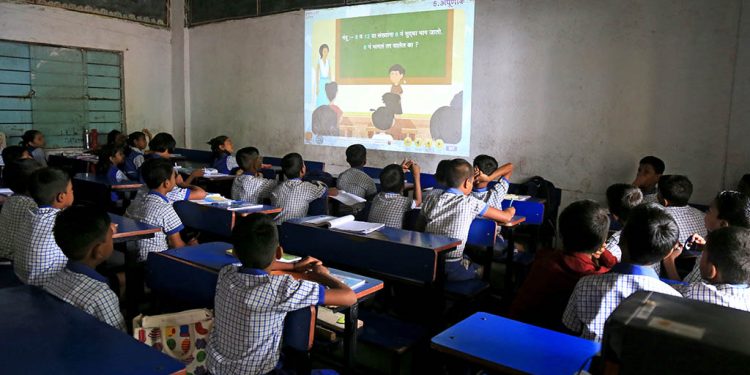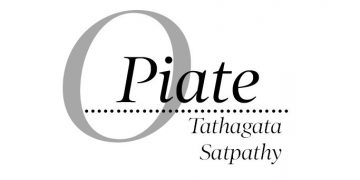Debadurllav Harichandan, OP
Bhubaneswar: Despite being a power-surplus state for the past four years, a total of 2,182 schools, including 1,672 government schools, in Odisha reeled under darkness in 2023-24, according to Unified District Information System for Education (UDISE+) Survey 2023-24 released by the Ministry of Education (MoE) last week.
The report, however, suggests private schools in the state fared better, with just 90 schools functioning without electricity.
The report has flagged serious concerns about the dismal state of infrastructure in schools across Odisha, pertaining to pre-primary till secondary level of education. It stated 611 girls’ schools, including 308 government schools and 47 private schools, in the state were lacking toilets, marking a rise from 514 such schools in 2022-23. The situation is even worse when it comes to male students’ hygiene, as 1,159 boys’ schools in the state were lacking toilets on the school premises.
Stressing further, the UDISE+ report stated that students of 23,387 (38 per cent) schools in Odisha, including 20,257 government schools, consume water from unhygienic sources as there was no access to tap water facility.
The situation of virtual (online) education in state is also not encouraging as only 24.9 per cent (15,389) schools have personal computers (PCs) and desktops. The figure is far behind from the national average of 32.4 per cent in 2023-24. Only 16.1 per cent (7,843) government schools have access to desktops and PCs in 2023-24 while in case of private schools, it stands at 67.7 per cent.
Similarly, there also persists a gap when it comes to smart classrooms, as only 17,008 schools (27.6 per cent) in the state have access to functional smart classrooms. Of these, government schools make just 25.5 per cent. The report also said a meagre 14.1 per cent (8,772) schools across Odisha have managed to create their own digital libraries, which includes 5,950 government schools and 685 private schools.
Among the installed virtual classrooms, the survey report said only 6.3 per cent (3,904) schools in Odisha are equipped with functional integrated teaching learning devices- a key tool for educators in administering tests and lessons. The figures lag behind the national average of 8.1 per cent. However, private institutions have made a difference, with 1,213 such schools equipped with those devices.
PNN







































